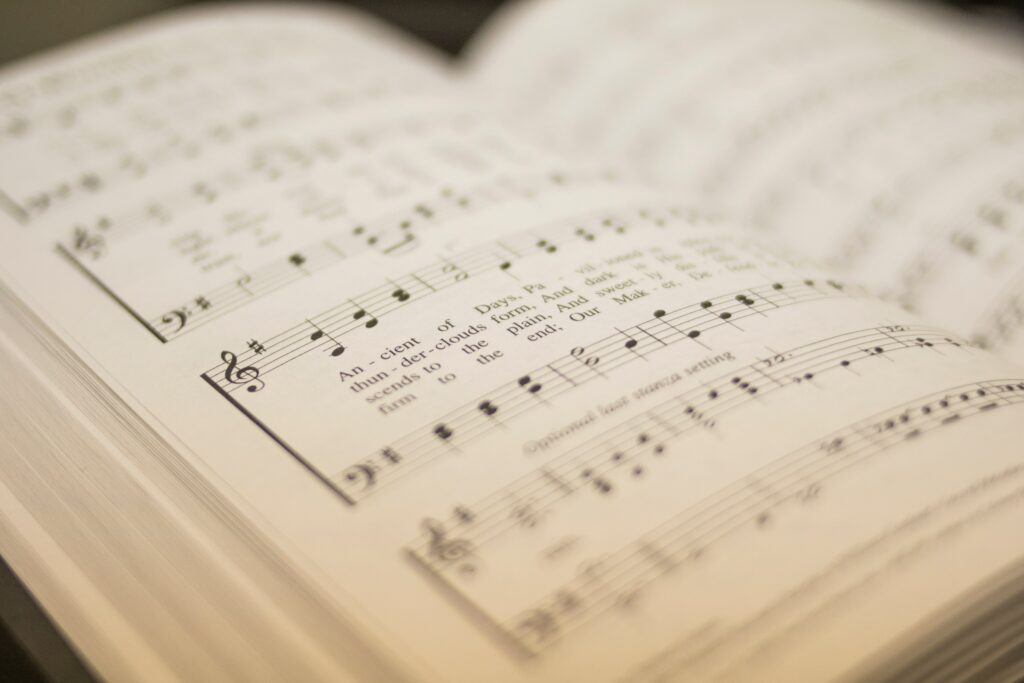
The Reformers were well known for their battle-cry, “Sola Scriptura!”—“The Scripture alone!” They were battling the teaching of the Roman Catholic Church that Scripture and tradition—as defined in the statements of the ecumenical councils and the papal encyclicals—were equally authoritative.
I’m a sola scriptura guy too. And so is everybody I work with at my school.
So my students are sometimes surprised when I tell them that the Bible isn’t the only place where God speaks—and that the Bible itself tells us that.
God speaks to us through his Word, most certainly. But he also speaks in other ways.
Theologians have long recognized two classes of revelation: special revelation, or divinely inspired prophecy, which used to happen in different times and different ways (Heb 1.1) but today is confined to his Word (Heb 1.2); and general revelation, or what he shows us through his works—most notably in creation (Ps 19.1ff); in his direction of human affairs, or providence (Dan 2.21); and in human conscience (Gn 1.26-27). God is still speaking today in those ways.
We should note, as we always do when teaching this principle, that general revelation is not authoritative or inerrant in the way special revelation is, because the world and everything in it is broken by sin; what we’re seeing today is not exactly what God created. But the heavens still declare the glory of God, and humans at their worst are able to be informed and moved by what they see all around them.
Paul is a good example of someone putting this to work in ministry. When he’s introducing the gospel to members of a Jewish synagogue in Pisidian Antioch, he references primarily the Scripture, because they know and recognize it. His sermon (Ac 13.14-41) focuses on the metanarrative of Scripture and Jesus’ fulfillment of the messianic prophecies. But shortly later, when he’s addressing pagan Greeks in Athens, he takes an entirely different approach. Rather than quoting the Hebrew Scriptures, which would mean nothing to this audience, he cites their own poets—Epimenides and then Aratus (Ac 17.28)—because anyone in the image of God is eventually going to say something worthwhile. And he argues not from biblical authority but from logic—because even imperfect images of God can be logical.
Throughout history people have found spiritual meaning in the beauties of nature. One of my favorite examples of this, because it’s both observant and deftly rendered, is a poem written by Odell Shepard in 1917. Shepard was a professor of literature at Trinity College in Connecticut and then served a term as Lieutenant Governor. In 1938 he won the Pulitzer prize for biography for his work on Bronson Alcott, Louisa May’s father.
“Whence Cometh My Help”
Let me sleep among the shadows of the mountains when I die,
In the murmur of the pines and sliding streams,
Where the long day loiters by
Like a cloud across the sky
And the moon-drenched night is musical with dreams.
Lay me down within a canyon of the mountains, far away,
In a valley filled with dim and rosy light,
Where the flashing rivers play
Out across the golden day
And a noise of many waters brims the night.
Let me lie where glinting rivers ramble down the slanted glade
Under bending alders garrulous and cool,
Where they gather in the shade
To the dazzling, sheer cascade,
Where they plunge and sleep within the pebbled pool.
All the wisdom , all the beauty, I have lived for unaware
Came upon me by the rote of highland rills;
I have seen God walking there
In the solemn soundless air
When the morning wakened wonder in the hills.
I am what the mountains made me of their green and gold and gray,
Of the dawnlight and the moonlight and the foam.
Mighty mothers far away,
Ye who washed my soul in spray,
I am coming, mother mountains, coming home.
When I draw my dreams about me, when I leave the darkling plain
Where my soul forgets to soar and learns to plod,
I shall go back home again
To the kingdoms of the rain,
To the blue purlieus of heaven, nearer God.
Where the rose of dawn blooms earlier across the miles of mist,
Between the tides of sundown and moonrise,
I shall keep a lover’s tryst
With the gold and amethyst,
With the stars for my companions in the skies.
Photo by Steve Carter on Unsplash



